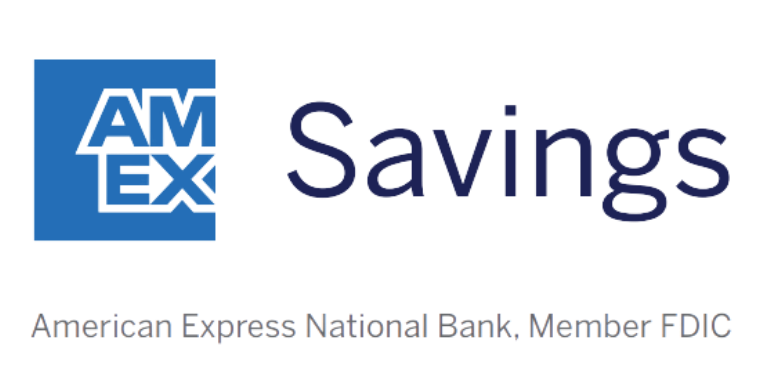I understand that changing from a bank to a credit union can be a hassle. After all, switching means going through all the bills you have on auto-pay to ensure they’re moved to the new credit union checking account.
You also need a new debit card and printed checks. Plus, if you’ve lived in the same town for a long time, you may enjoy seeing a familiar face each time you walk into your local bank branch.
I’m not saying that switching suits everyone, but it was the right move for me. After years of believing my only option was to follow the rules imposed by my bank, I broke free and haven’t looked back. Here’s why.
1. I was fed up with fees
For a long time, I had no idea I could avoid monthly maintenance fees. A small amount was withdrawn from my account each month for the privilege of keeping my money in the bank, which seemed normal.
Our Picks for the Best High-Yield Savings Accounts of 2024
|
Capital One 360 Performance Savings 
APY 4.25%
|
APY 4.25%
|
Min. to earn $0 |
|
CIT Platinum Savings 
APY 4.85% APY for balances of $5,000 or more
Min. to earn $100 to open account, $5,000 for max APY
|
APY 4.85% APY for balances of $5,000 or more
|
Min. to earn $100 to open account, $5,000 for max APY |
|
American Express® High Yield Savings 
APY 4.25%
|
APY 4.25%
|
Min. to earn $0 |
It’s clear that banks make a whole lot of money from fees. For example, in the fourth quarter of last year, U.S. banks raked in $1.41 billion in overdraft fees alone. This was even as the Biden Administration pushed to limit how much banks could charge for overdrafts.
Even though I was as careful as I could be with my bank account, I was always nervous about being charged fees we could not afford at the time. Depending on the financial institution, any number of fees can be assessed, including:
- Maintenance or service fees
- Excessive transaction fees
- Insufficient fund fees
- Early account closing fees
- Out-of-network ATM fees
To be clear, some credit unions may charge fees, but I make it a point to find a credit union with no maintenance fees each time we move and will only join one with very low fees for other services, like wire transfers.
2. I enjoy the perks of membership
When I dealt with a bank, I was a customer. As a credit union member, I’m an owner. Sure, I may only own a tiny slice of the credit union, but as a member, I’m entitled to vote for new board members or even run for a board position myself. No member is more important than another, and each member can be as involved (or uninvolved) as they prefer. I appreciate that.
Not only do employees seem less rushed, but they tend to go out of their way to make life easier. For example, there were no available safety deposit boxes when I needed one. A credit union employee promised to keep their eye out for one, and sure enough, they called when one opened up. It may have been more than a year later, but they kept their promise.
3. More attractive rates
Unlike most businesses, credit unions are nonprofit organizations. The goal is not to make money but to provide all members with the financial products and services they need. In addition to charging fewer fees, credit unions typically offer lower interest rates on loans than other lending sources and pay a higher rate of return on investments.
When making a large purchase, like a vehicle, I appreciate knowing how much money I’ll save by landing the lowest rate possible. I especially like earning a higher interest rate on most deposit accounts.
4. Loan approval leeway
Since making a profit is not the mission, credit unions have more leeway in personal loan approval. Let’s say a person needs an emergency loan to repair their car. They have a better chance of loan approval through their credit union than a bank. Not only do credit unions tend to be smaller and more likely to know their members, but loan decisions don’t have to go through multiple departments.
It’s easy for a loan officer to take a quick look at a person’s account and determine how long they’ve been a credit union member, the size of their deposits, and whether they regularly overdraft their account. In other words, decisions are far more personalized and don’t solely depend on a person’s credit score.
Most credit unions are locally owned and operated. As part of the community, credit unions often contribute to local charities through fundraisers and fun family events. They host bike safety workshops, holiday decorating contests, and other activities designed to build a greater sense of community.
That’s a big deal because the healthier our community is, the nicer the overall vibe of the area. I like knowing I’m part of that, if only in a small way.
My husband and I were so happy with our credit union in Missouri that we remain members, primarily counting on the mobile app to manage our accounts. And knowing how good it is to have a credit union nearby to visit, we joined one near our new home. After learning how easy working with a credit union is, I can’t imagine ever going back.

